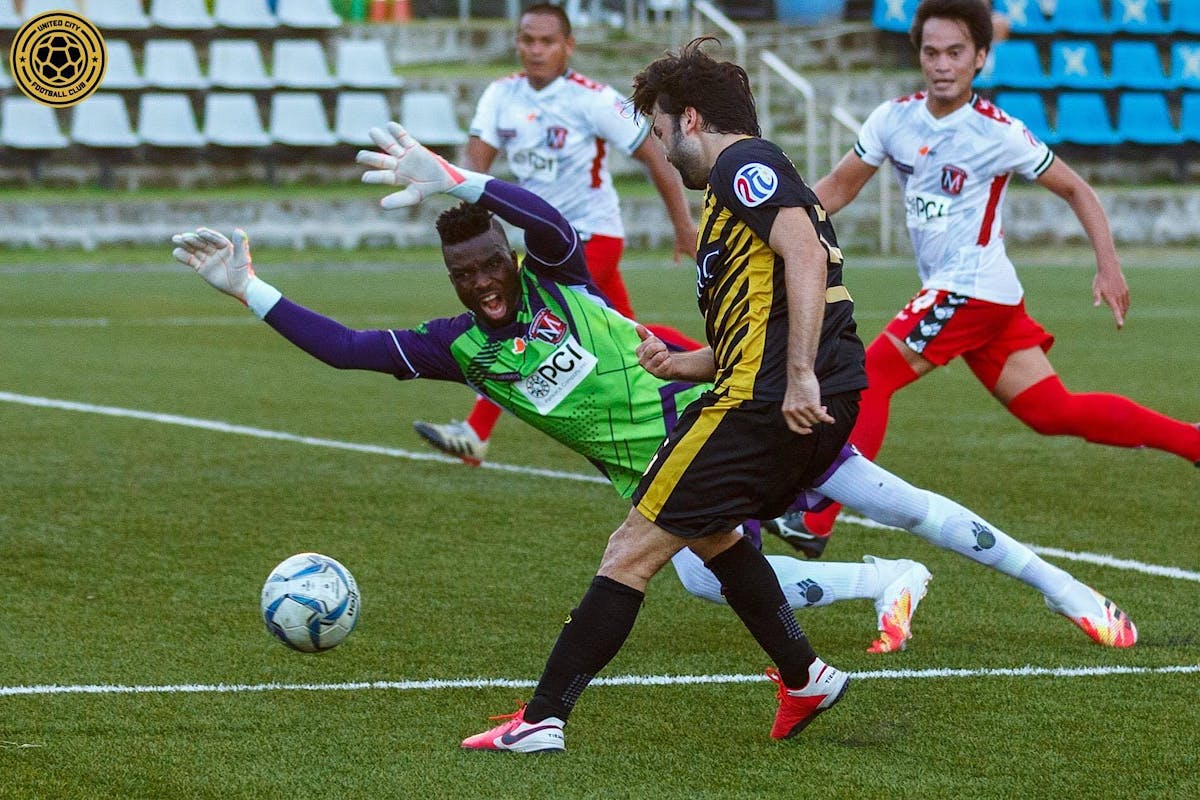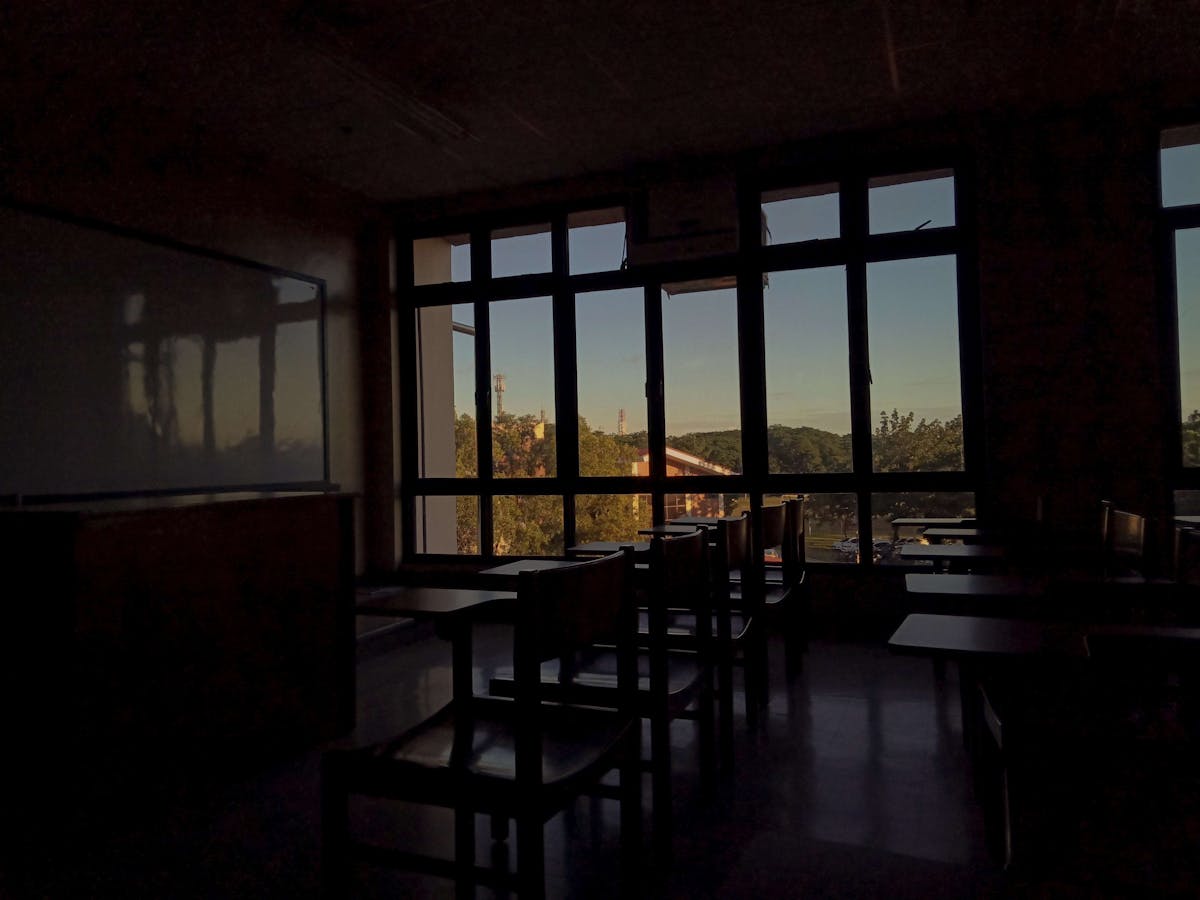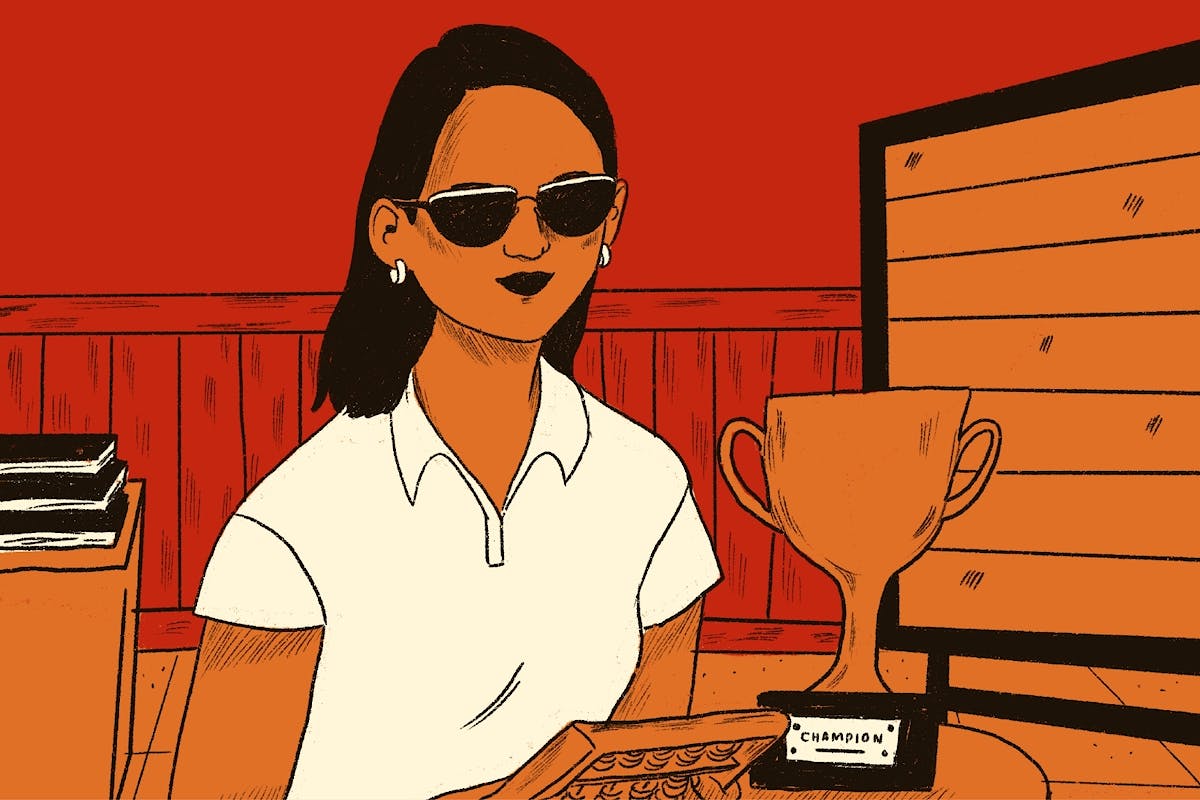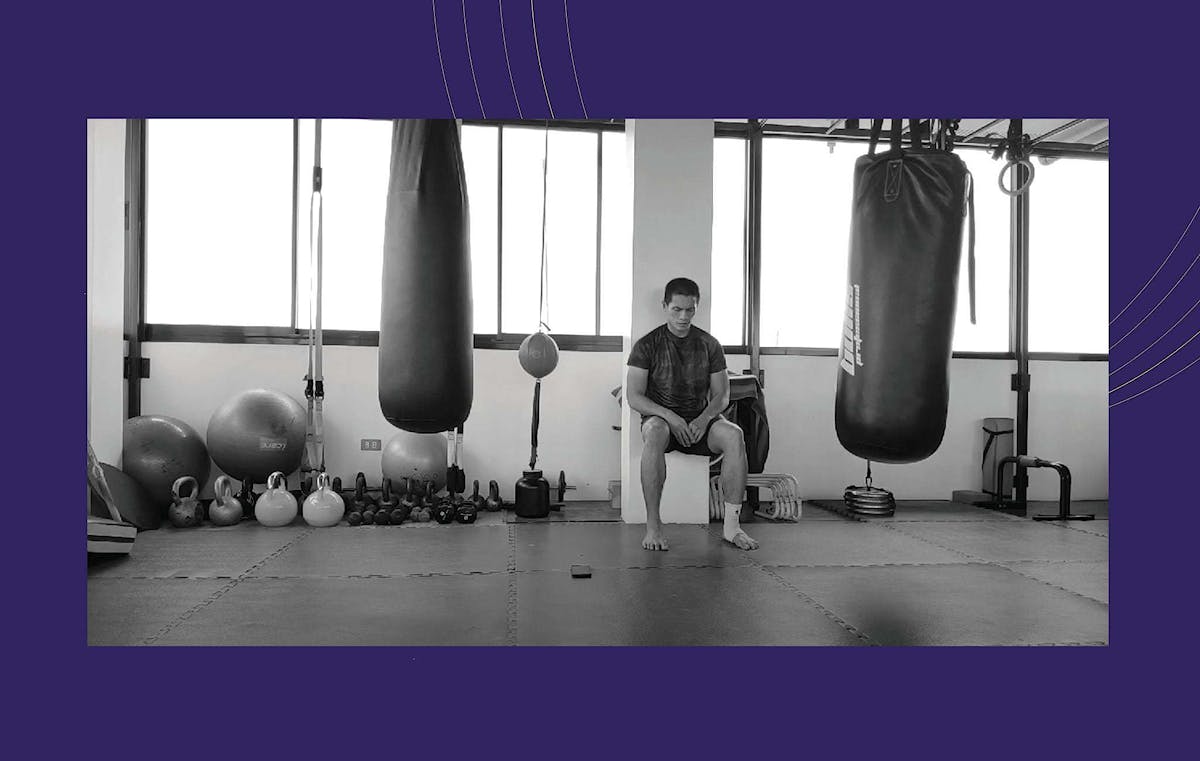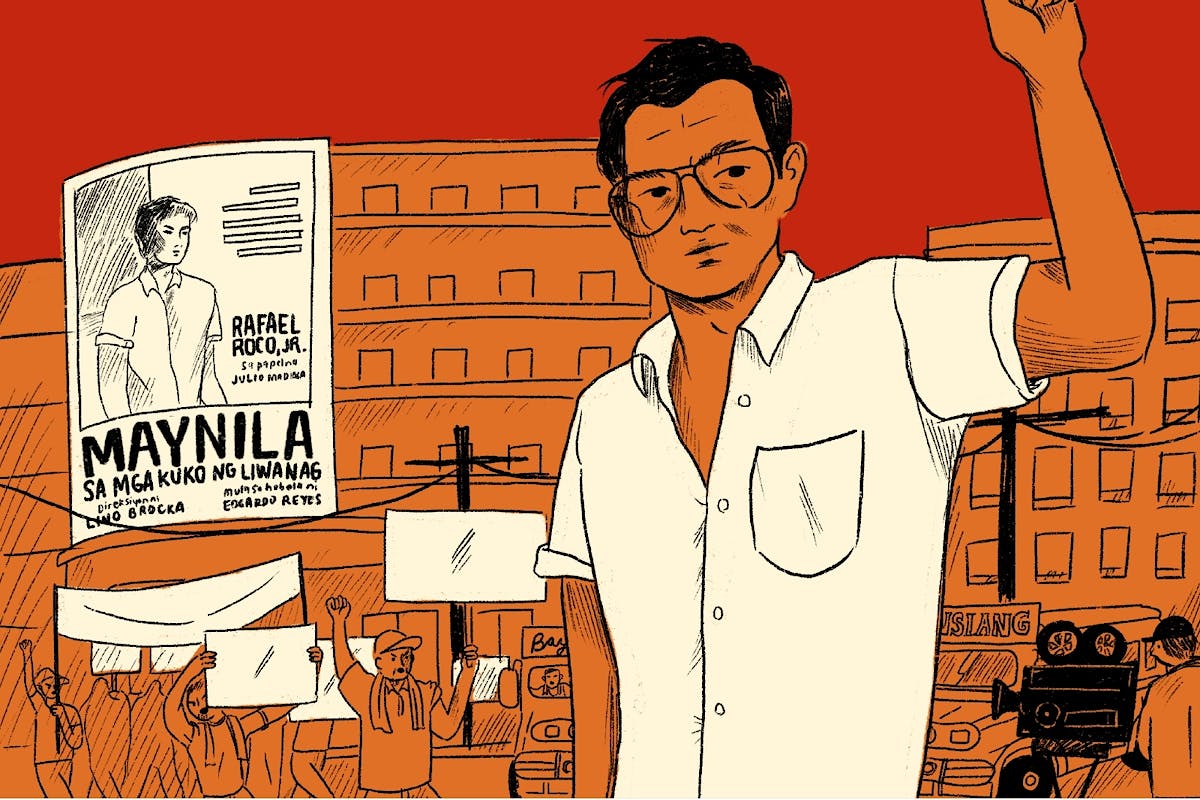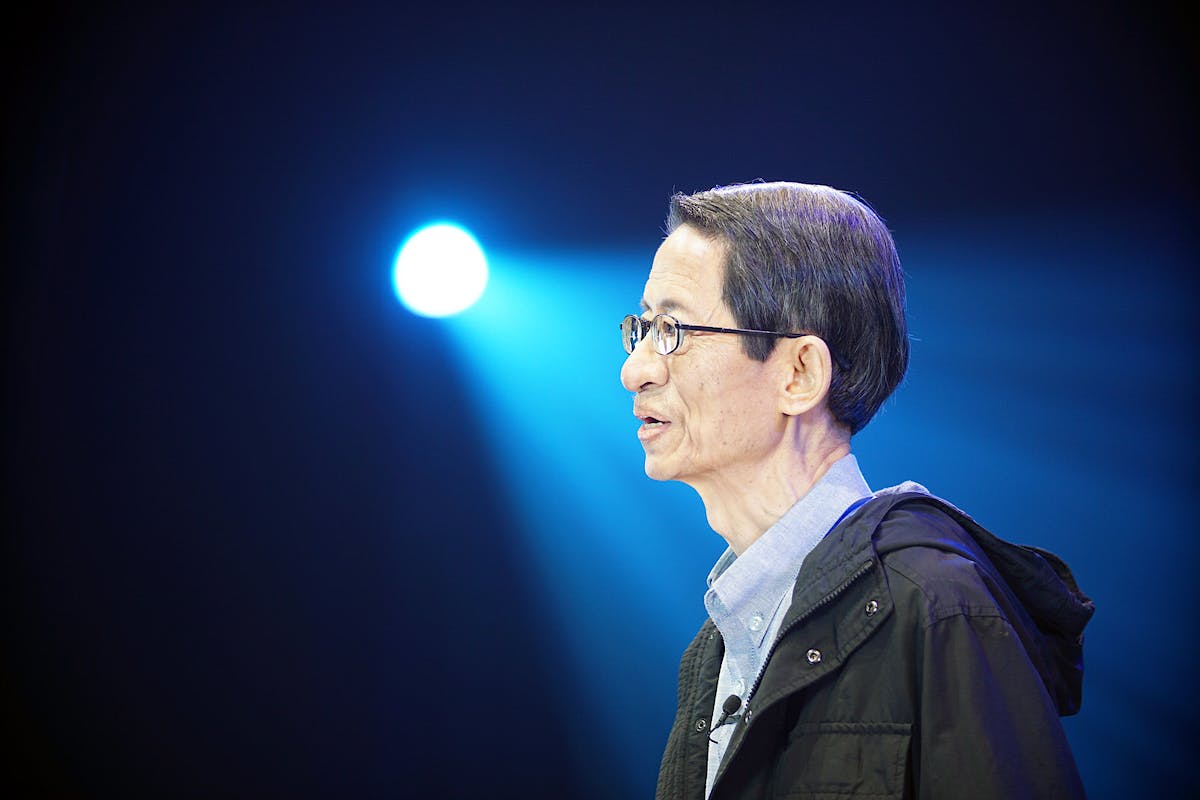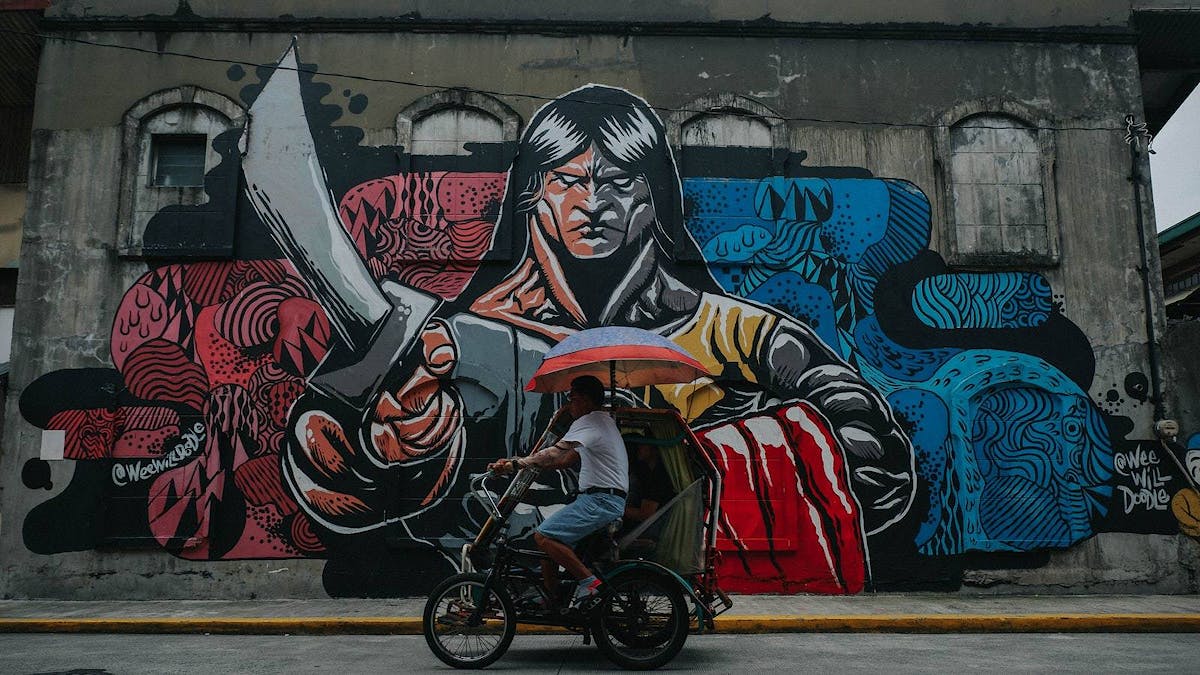
Our Way Forward
Gaming: Creating New Realities in a Post-COVID World
There’s a palpable sense of gratefulness in the gaming industry. Whenever I have a vidcon with colleagues or partners, we always muse how we’re lucky to work in a sector that's still able to serve our communities and provide happiness through the crisis.
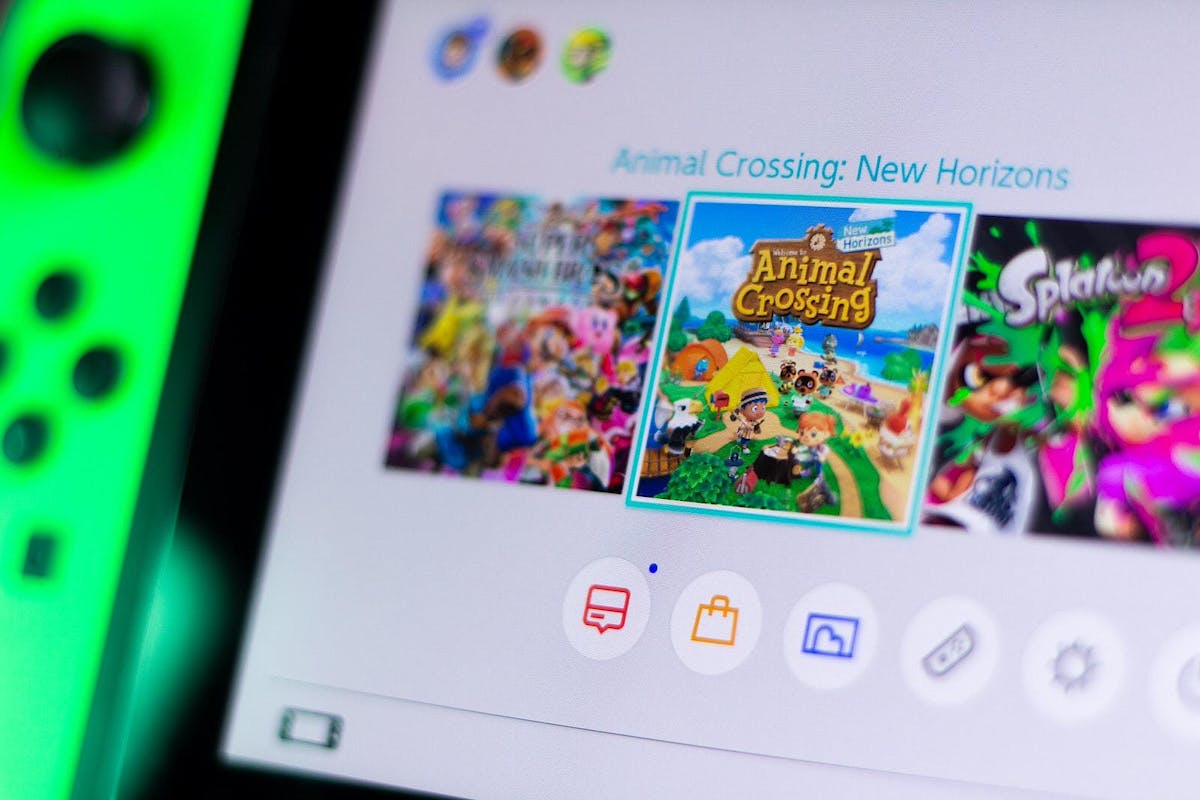
There’s a palpable sense of gratefulness in the gaming industry. Whenever I have a vidcon with colleagues or partners, we always muse how we’re lucky to work in a sector that's still able to serve our communities and provide happiness through the crisis.
Let’s face it: people need entertainment more than ever - especially with lockdowns, fear, and isolation. Some folks play games simply because they’re bored or having nothing else to do. Many lost their jobs and are looking for time sinks. Others turn to games for respite – perhaps parents dealing with torrential waves of work and childcare, no longer able to send their kids to school and disengage from home life. Still others use gaming as a proxy for holes left by the pandemic – hanging out with friends, feeling a sense of belonging, scratching a competitive itch, or even just having a sense of agency or control in a life now mired by uncertainty. When times are unpredictable, even having virtual goals can sometimes be pretty powerful.
The fact of the matter is, leisure and entertainment are enduring constants in our lives – pandemic or not. They provide distraction, escape, sanity, happiness, drama, education, connection, community, and creative expression. People turn to entertainment for experiences, and COVID eliminated maybe more than half of those in one fell swoop. No more cinemas, theatres, concerts, sports stadiums, amusement parks, bars, and clubs. But like The Sims, we still need to get our Fun and Social bars filled.
When you think about it, games are perhaps one of the highest value entertainment formats in terms of cost per hour. The cost to watch a 2-hour movie can be $10-$20 in many US cities. A concert or play can go from $50 to $400. Meanwhile, AAA games set people back $60 but deliver more than 50 hours of quality experiences. Freemium games like Fortnite and Clash Royale can easily bring hours - even weeks and months - of fun, whether or not players choose to make in-app purchases.
Across platforms, business models, and geographies, we've seen revenue spikes as high as 30-50% due to COVID. Tencent reported a 31% YoY increase in Q1 2020 online gaming revenues, noteworthy given China's quarantine began end-January.
These numbers validate how people continue to crave entertainment – perhaps even more so when shit hits the fan.
Beyond sales, engagement has also spiked up. In the Freemium space, we’re able to measure average session lengths and player retention over 1, 7, 30, or more days since first install. My industry peers are seeing lifts across the board. It’s not just stickiness and length of time though. People are also interacting with games in new and creative ways. Brands are reaching customers through Animal Crossing - whether it's to distribute virtual apparel, hold influencer events, or host people on branded islands (check "Sentosa Crossing"). 2K Games partnered with ESPN to host a tournament played remotely by 16 NBA players, even as the NBA season was suspended. And as I write this, Berkeley seniors will attend a Minecraft graduation this weekend.
For gaming, the format or delivery hasn't really come under siege. Over the years, we've already seen major shifts from retail to digital distribution. Many games have also moved from being one-time releases to live services (whether as a DRM measure, or to provide ongoing content drops or online multiplayer).
In some ways, the sector must deal with more difficulties "behind the scenes". Gaming companies grapple with questions like how engineers and designers ought to collaborate and still be creative in a remote environment. Or how marketing and business teams can continue to be agile and effective in running campaigns and negotiating deals. In a sector that’s driven by hits and misses and buoyed up by creative output, how do you keep the development wheels turning without missing a beat?
These questions aren't unique to gaming – they’re true for most tech companies. And the tech sector has been pondering them for years, mostly as a response to globalization, and the need for better cost efficiency and talent distribution. The pandemic just forced us all to confront these lingering issues head-on.
Companies like Super Evil Megacorp in San Mateo have been transitioning to Remote First practices a year before COVID. Some of my peers in the Bay Area have now started piloting virtual workshops, team offsites, and happy hours. I even attended a business networking event in Europe from the safety of my San Francisco apartment.
Which brings me back to gratefulness. We’re lucky to be straddling the intersection between entertainment and tech. We’re lucky to still have jobs. We’re lucky to still be able to create and serve. We don't need to be physically co-located to deliver our best work, like film or TV production. And neither do we need people to go out of their homes to consume these experiences. Even adjacent gaming pillars like e-Sports and Streaming can be hosted remotely. There are still aspects of our work which demand some physicality like motion capture, perhaps voice acting and recording. But the gaming industry is dynamic and irrepressibly creative. These concerns aren’t insurmountable.
In a post-COVID world, games aren't just places where you fight baddies or solve puzzles. Like Minecraft graduations or NBA tourneys, they fill voids left by real world black swan events. We’ll need to engage our audiences in new ways we previously didn’t think possible. Gamification isn’t just about adding reward tiers and achievements to loyalty programs, or helping scientists fold proteins through puzzles. Gaming is becoming a space where people come together for many aspects of their lives, creating new realities for connection and personal significance.






